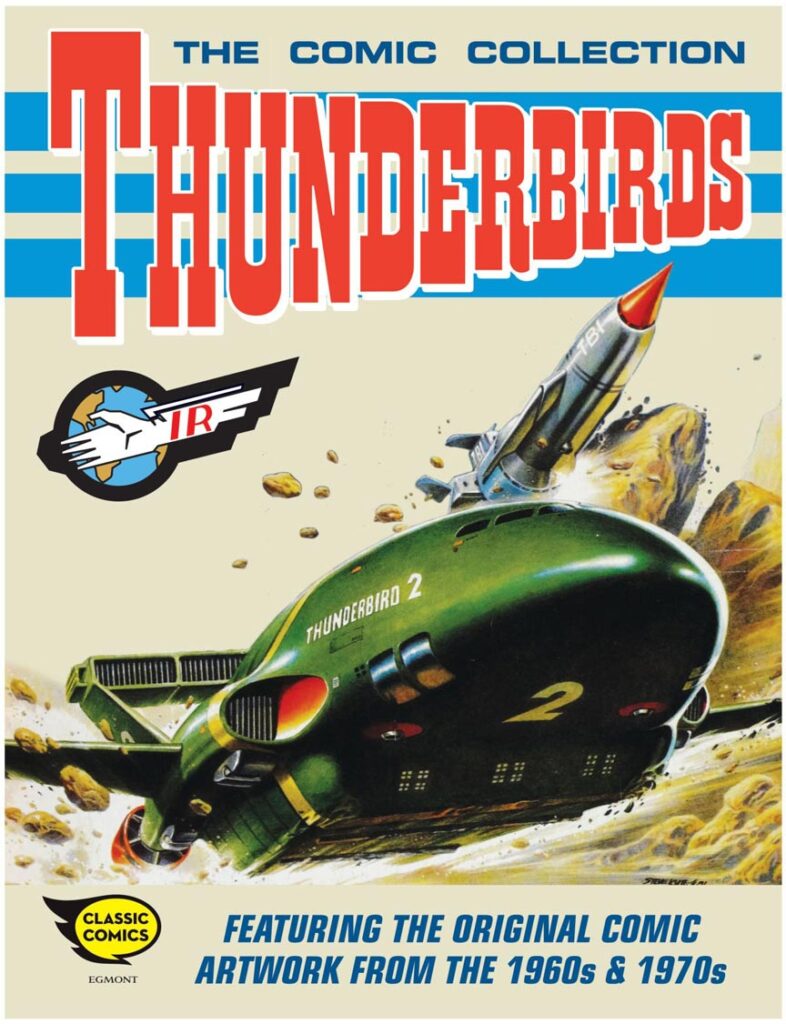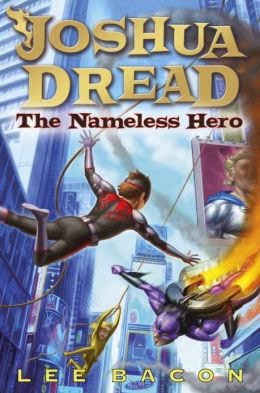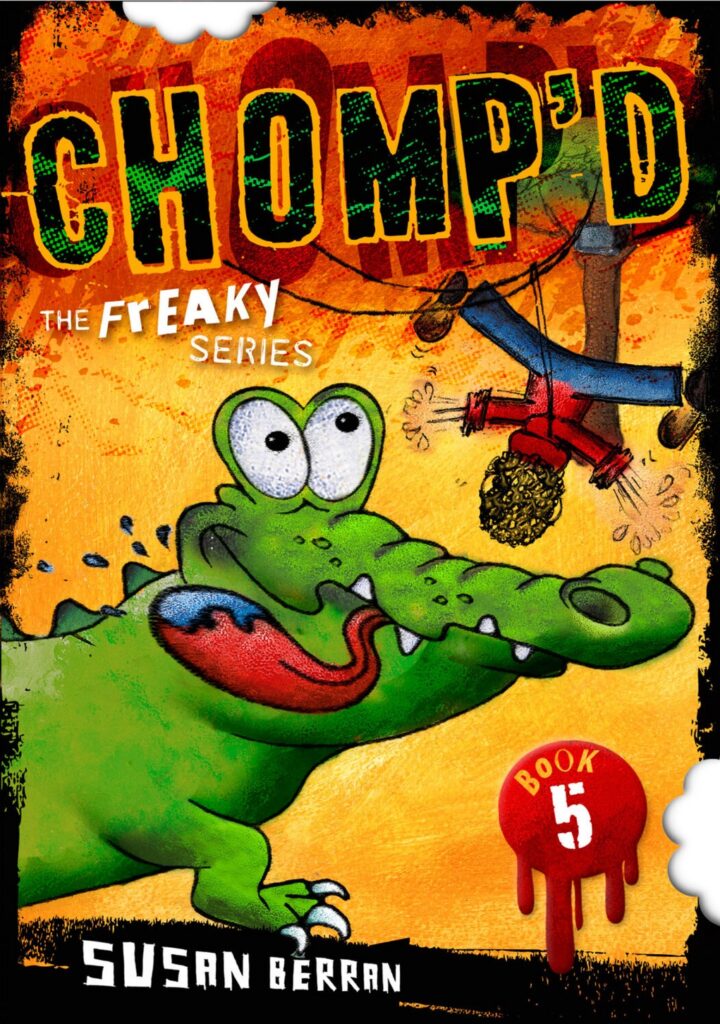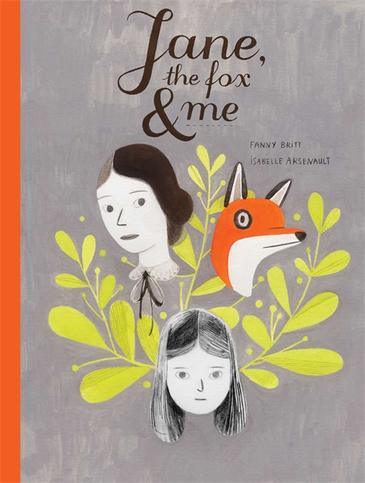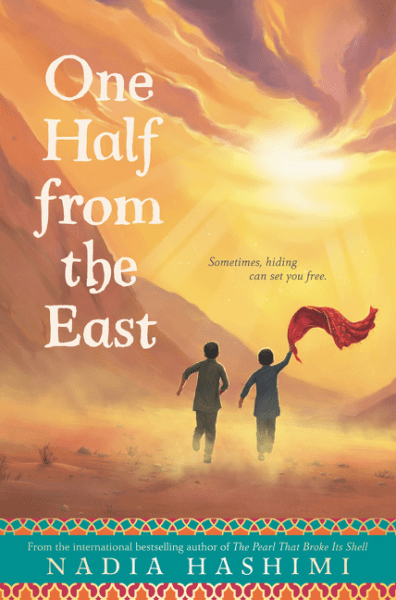
Nadia Hashimi, One Half from the East, HarperCollins, 1 August 2016, 272pp., $14.99 (pbk) ISBN 9780062572196
This story depicts a childhood for girls that is shockingly different from life in Australia. Obayda, age 10, lives in a society where girls are so undervalued, she is forced to pretend to be a boy, to become a “bacha posh”. And that turns out to be enlightening and empowering, while totally messing with her head. As a boy, she is allowed to dress more freely, she can play outside after school, she can run and play sport. All things her sisters aren’t allowed to do. She is even given better food than them.
What makes this story even more compelling is that it’s based on life in Afghanistan today.
Author Nadia Hashimi was born in America to Afghanistan parents. On her website she says she found it difficult to reconcile the stories her own family told her about growing up in Afghanistan in the 1950s and 1960s to what she saw reported in the media. “Women lost so much in the violent years that followed my parents’ emigration,” she says. “Many of us want to shout from rooftops that our culture has been robbed and our women have been brutally stripped of their rights.”
In One Half from the East, Obayda’s father loses his leg in a bombing and, unable to work, his family is forced to move from the city to a small village where extended family can help provide for his family. Young readers will be able to relate to the story of the family settling into a new town and a new school, interacting with extended family and making new friends. But the segregation between girls and boys and having the youngest daughter pretend to be a boy to bring luck to her family is so different it is captivating.
The story is aimed at readers aged 8-12 and the author has done a great job at ensuring this book is age appropriate. While older readers may infer further injustices and atrocities from the text, they are not obvious to young readers. My twins have just turned eight and I don’t think I will pass this book onto them just yet – perhaps because they’re not ready for some of the themes, but more likely because I want them to hold onto their innocence for a little longer. This is a book I will certainly encourage my children to read at some stage because I believe it is important girls and women – and boys and men too – grow up knowing where women have come from and the plights that women around the world still face. Plus it’s an amazing story.
Reviewed by Carissa Mason

